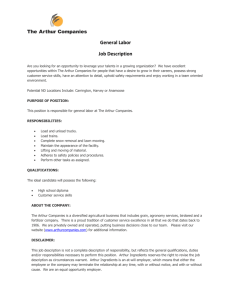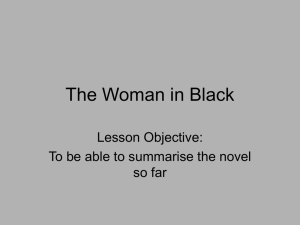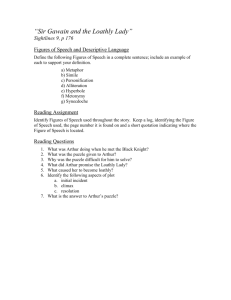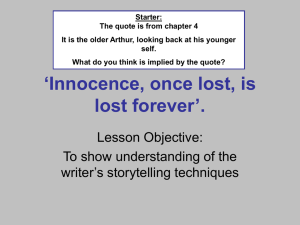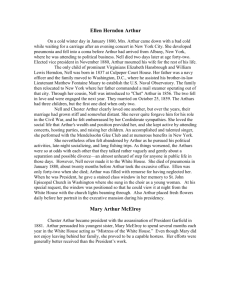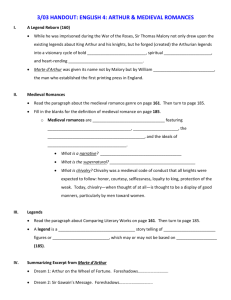downloaded here
advertisement
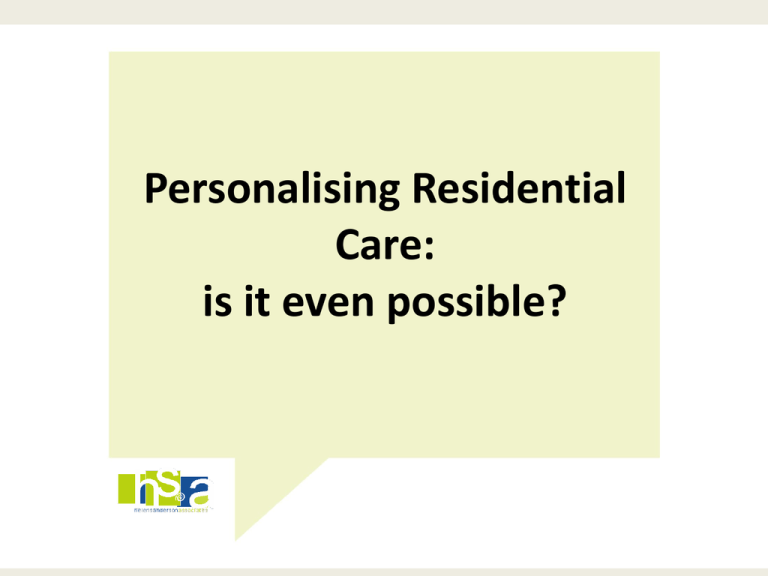
Personalising Residential Care: is it even possible? The people at Bruce Lodge decided to find out. Not all staff knew how to support Nora at bedtime in a way that makes sense to her What doesn't work/make sense Arthur’s perspective Living in his own home His family visiting Going to Stephen’s house for tea every Friday. Families perspective People telling him to take his bob hat off Staff taking £10 out of his pocket & putting it somewhere safe. Not seeing anybody from breakfast until tea & being left a sandwich for lunch Eating alone, food not hot Fear of being put in a home Being confused Visiting and speaking to Arthur regularly Arthur visiting their house on Fridays Arthur going out alone at night Being confused Phone calls from Arthur at all hours aff’s rspective What works/makes sense Calling out when Arthur is in bed Having the keys to Arthur’s flat Going out alone at night. Being confused Some simple solutions…. • Wake Arthur in the mornings by calling out from the door. • Never take his ten pound note out of his top pocket. • Family providing frozen meals for staff to heat up, so they can spend the time sitting talking to Arthur while he eats. • Installing a mat sensor at the door to notice if Arthur leaves the house. “This approach has really made a difference to staff and people who live here. I was surprised at what a big difference we’ve made to people. Our culture has changed from being very task focussed to thinking about people and what matters to them, and exactly how they want to be supported.” Lisa Martin, Manager, Bruce Lodge. “…you can’t do this work with other people if you have not done it for yourself…” John O’Brien. Sometimes personalising support can feel just a bit too risky… Staff wanted to keep Josie safe… But we needed to find a balance… Because… Dead and happy are incompatible but… Because… Dead and happy are incompatible but… …alive and miserable is unacceptable. A person centred approach to risk helps. After all… Think Local Act Personal. Low levels of social integration, and loneliness, significantly increase mortality whilst people with stronger networks are healthier and happier. Social networks are consistently and positively associated with reduced illness and death rates. Feelings of happiness and life satisfaction have been strongly associated with active participation in social and community life. Some resources… • A free downloadable booklet about practical ways to deliver personalisation for people with dementia: http://personalisationanddementia.files.wordpress.c om/2013/12/beyondlifehistories.pdf • A dementia minibook, free if you pay with a tweet or facebook post: http://bit.ly/18HbEab • And a blog that might be useful: http://personalisationanddementia.wordpress.com/ Plus… Remember… If you always do what you’ve always done… … you’ll always get what you always got. Lou Close. 07729127173. louisec@helensandersonassociates.co.uk www.helensandersonassociates.co.uk http://www.facebook.com/pages/Helen-SandersonAssociates/ @HSAUK http://www.youtube.com/user/helensandersonHSA Making personalisation a reality in residential care. • What opportunities are there for people you support to have more choice and control in their lives through the personalisation agenda? • What challenges can you foresee in introducing SDS in your organisation?
